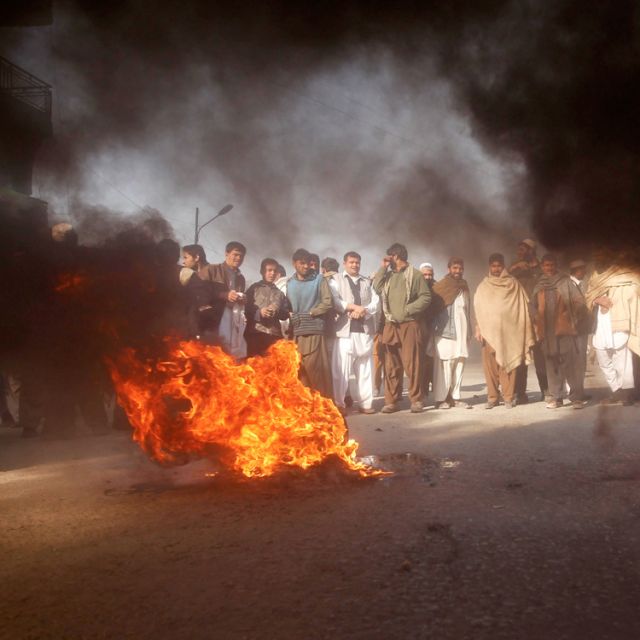To replace boots on the ground, Canada will send dollars to the treasury as part of a $4-billion international fund to fortify Afghanistan’s growing security forces. Canada will donate a healthy $330 million over three years, which fattens an estimated $11 billion already consumed by the war. Then there is the human cost: 158 Canadian soldiers killed and more than 600 wounded in battle, many of whom are permanently maimed or still suffering physical and emotional scars.
The Afghan war, the longest military engagement in Canadian history, was in response to the 9/11 attacks on New York and Washington. It was waged not against the Afghanistan nation, but against a Taliban theocracy that harboured al-Qaida terrorists while terrorizing many of its own people.
A decade ago, Pope John Paul II fell short of outright support of the war but strongly endorsed the principle of self-defence, condemning terrorism as a “true crime against humanity.” He said terrorist acts resembled the evils of Nazism and Communism that once tyrannized his native Poland. As such, he said nations had a right to combat terrorism if they abided moral and legal boundaries.
But, as happens in war, those boundaries were blurred in Afghanistan after the bombs fell. Many war prisoners were tortured, others were shipped to Guantanamo Bay and thousands of civilians were killed, sometimes by friendly fire but more often by Taliban brutes. The government that replaced the Taliban in Kabul, though elected, is generally corrupt and seems only to have a puppy love for democracy and human rights.
Yet there have been victories. The Taliban, though still active, is significantly weakened. Likewise for al-Qaida. Afghanistan has a fledgling democracy. Women have rights and girls are attending school. Economic activity is picking up. Foreign aid is pouring in. It may not add up to the total victory envisioned a decade ago — and the gains are fragile — but it’s progress.
Now it’s time for the Afghans to shoulder the difficult work still ahead. Canada and others have done their share. Our troops have earned their homecoming.
Time to leave Afghanistan
By Catholic Register EditorialCanada joined the war in Afghanistan in 2002 for just reasons but now it’s time to bring the troops home. So Prime Minister Stephen Harper made the right call in finally ending Canada’s physical engagement in that war-weary nation.
Actually, it was overdue. Canadian troops still in Afghanistan on training assignments, about 900 of them, will all be home by March 2014, despite neither the surrender nor defeat of the Taliban.
Compared to most other larger, richer NATO allies, Canada contributed more than its fair share in lives and resources to the cause of the beleaguered Afghans. But exiting a war is more difficult than entering one.
Please support The Catholic Register
Unlike many media companies, The Catholic Register has never charged readers for access to the news and information on our website. We want to keep our award-winning journalism as widely available as possible. But we need your help.
For more than 125 years, The Register has been a trusted source of faith-based journalism. By making even a small donation you help ensure our future as an important voice in the Catholic Church. If you support the mission of Catholic journalism, please donate today. Thank you.
DONATE

